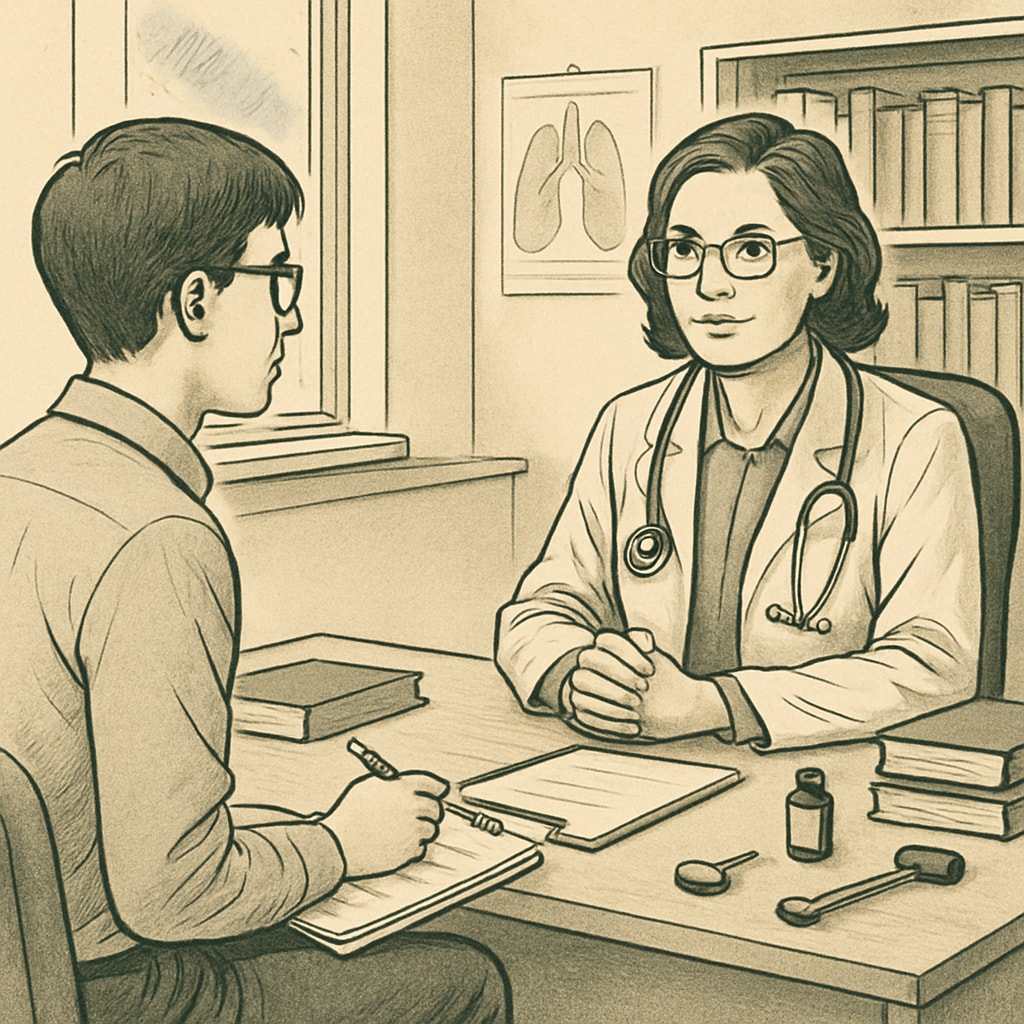Medical career interviews are an excellent way to introduce K12 students to the realities of the healthcare industry. By engaging with professionals through structured conversations, students can gain valuable insights into the medical field, assisting them in shaping their future career paths. In this article, we will explore how to design effective interview questions that reveal meaningful information and discuss how to transform these insights into actionable steps for career planning. Whether you are an educator, parent, or mentor, these tips will help guide students toward informed decisions about pursuing a career in medicine.
Understanding the Purpose of Medical Career Interviews
Before diving into creating an interview question set, it’s essential to understand the purpose of these conversations. Medical career interviews allow students to:
- Explore different specialties within the healthcare field.
- Understand the day-to-day responsibilities of medical professionals.
- Gain insight into the challenges and rewards of a medical career.
- Learn about the educational and professional journey required to become a doctor.
By setting clear objectives, students and their mentors can maximize the value of these interviews and focus on obtaining the most relevant information.

Crafting High-Quality Interview Questions
Effective medical career interviews rely on well-crafted questions. A structured approach ensures that the discussion remains focused and productive. Here are key strategies for creating meaningful questions:
- Start with Open-Ended Questions: Encourage detailed responses by asking questions like, “What inspired you to pursue a career in medicine?” or “Can you describe a typical day in your role?”
- Address Challenges and Rewards: Explore both the difficulties and joys of being a doctor by asking, “What are the biggest challenges you face in your specialty?” and “What do you find most rewarding about your work?”
- Include Questions on Education and Training: For example, “What was the most challenging part of medical school, and how did you overcome it?”
- Focus on Skills and Qualities: Ask about the key competencies required for success, such as, “What skills or personal qualities are essential for someone considering a career in medicine?”
Encouraging students to personalize their questions based on their interests will make the conversation more engaging and relevant.

Translating Insights into Career Planning
The ultimate goal of these interviews is to help students develop an actionable plan for their future. After completing the interview, encourage students to reflect on what they learned and consider the following steps:
- Identify Interests and Preferences: Based on the discussion, what medical specialties or career paths align with the student’s interests?
- Set Short- and Long-Term Goals: For instance, a short-term goal might involve excelling in biology classes, while a long-term goal could include shadowing a healthcare professional.
- Seek Additional Opportunities: Encourage students to participate in healthcare-related extracurricular activities, such as volunteering at hospitals or joining science clubs.
In addition, sharing the interview outcomes with parents, teachers, or mentors can provide further guidance and support in refining the student’s career aspirations.
Maximizing the Impact of Medical Career Interviews
To make the most of these interviews, students should be well-prepared. Consider these tips:
- Research the Professional: Learn about the interviewee’s background and specialty beforehand to ask informed questions.
- Practice Interview Etiquette: Teach students to maintain professionalism by being punctual, polite, and attentive during the conversation.
- Document Key Takeaways: Encourage students to take notes or record the interview (with permission) for future reference.
These steps will not only enhance the interview experience but also foster essential communication and interpersonal skills in students.
In conclusion, medical career interviews are a valuable tool for guiding K12 students as they begin to explore the healthcare field. By designing thoughtful questions and translating the insights into tangible steps, educators and mentors can empower students to make informed decisions about their career paths. With the right preparation, these interviews can inspire the next generation of compassionate and skilled healthcare professionals.
Readability guidance: This article uses clear subheadings, short paragraphs, and a mix of lists and text to ensure accessibility. Transitional words, active voice, and concise language enhance readability for a broad audience.


